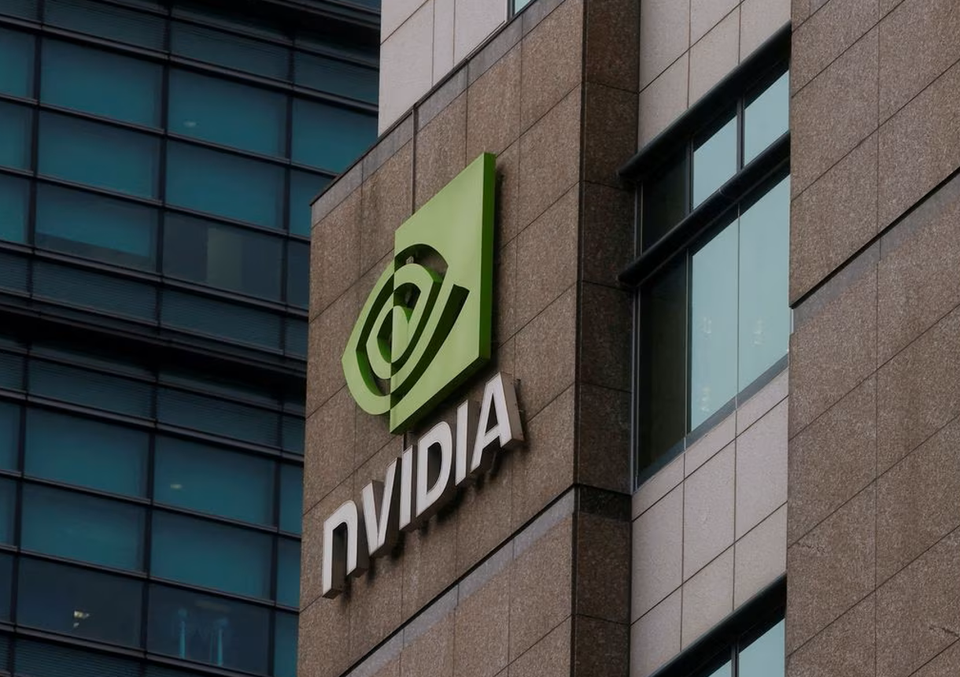CoreWeave raises $2.3 billion in debt collateralized by Nvidia chips

Aug 3 (Reuters) - Specialized cloud provider CoreWeave has raised $2.3 billion in a debt facility led by Magnetar Capital and Blackstone (BX.N) and collateralized by Nvidia chips, with the funds to be used to expand to meet rising AI workload, the company said on Thursday.
Other lenders in the facility include Coatue and DigitalBridge (DBRG.N), as well as BlackRock, PIMCO, and Carlyle (CG.O). The unusual use of Nvidia H100, the sought-after chip that powers AI computing as collateral, highlights the value of such hardware in the capital-intensive AI arms race.
The outsized loan also marks the growing market in private asset-based financing, as private equity firms turn to lower risk lending secured by hard assets and take on more corporate debt when banks slow down.
"We negotiated with them to find a schedule for how much collateral to go into it, what the depreciation schedule was going to be versus the payoff schedule," said Michael Intrator, chief executive at CoreWeave. "For us to go out and to borrow money against the asset base is a very cost effective way to access the debt markets."
Nvidia-backed CoreWeave has seen a boost from the generative AI boom thanks to its purpose-built cloud infrastructure at scale. It has partnerships with AI startups and cloud providers, which it also competes with, to build clusters to power AI workload.
The company has unique access to the most advanced Nvidia chips that are in short supply, giving it an edge in competition with traditional cloud providers like Microsoft (MSFT.O), Amazon (AMZN.O) and Google (GOOGL.O), which are facing supply restraints while working on developing their own chips.
The new financing will be used to acquire more graphics processing units, invest in data centers and hiring, the company said. It announced an $1.6 billion data center in Texas last week and aims to expand to 14 in the U.S. by year end.
CoreWeave also raised $421 million in equity this year led by Magnetar Capital at a valuation of over $2 billion.
Reporting by Krystal Hu in New York; Editing by Conor Humphries
